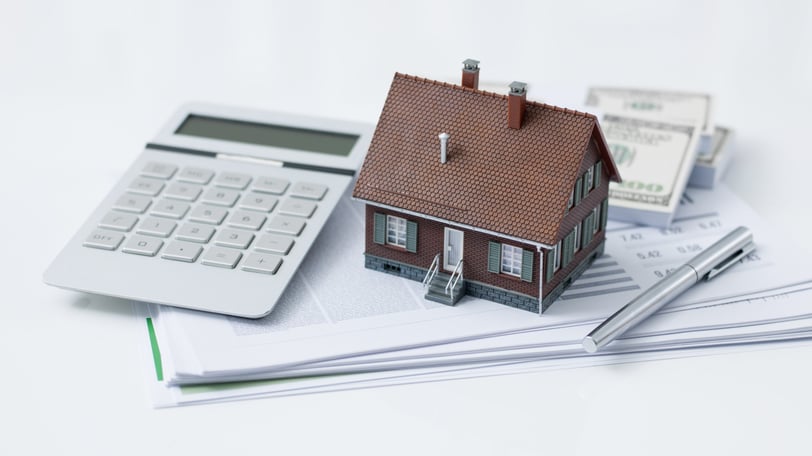Sold Your Home? Taxes? Now What?
The complicated rules that the IRS uses to determine whether you owe taxes on the sale of your home.
EVERYONE
Karianne Connor
3/13/20252 min read


We sold our home, now what? How do I file the taxes on the sale?
The IRS rules for the sale of a primary residence are primarily covered under Section 121 of the Internal Revenue Code, which allows homeowners to exclude up to $250,000 of capital gains from taxation ($500,000 for married couples filing jointly) if they meet the following criteria:
Eligibility Requirements for Exclusion
1. Ownership Test – You must have owned the home for at least two out of the last five years before the sale.
2. Use Test – The home must have been your primary residence for at least two out of the last five years.
3. No Recent Exclusion – You cannot have claimed the Section 121 exclusion on another home within the last two years.
How Business Use of Home Affects the Exclusion
If you used part of your home for business, such as a home office or rental, the impact on capital gains tax depends on how the business use was structured:
1. If the Business Use Was in the Same Dwelling (Not a Separate Structure)
Capital Gain Exclusion Still Applies – If your home office was within the main home and used for business, you can still exclude up to $250,000 ($500,000 for joint filers) of capital gains.
Depreciation Recapture Applies – If you claimed depreciation deductions (e.g., for a home office or rental), you must recapture that depreciation as taxable ordinary income when you sell.
Example: If you claimed $10,000 in depreciation, that amount is taxable, even if the rest of your gain is excluded.
2. If the Business Use Was in a Separate Structure (Like a Detached Garage or Studio)
The portion of the property used exclusively for business does not qualify for the Section 121 exclusion.
You must allocate the gain between personal and business use. The business portion is subject to capital gains tax and depreciation recapture.
Special Considerations
If the home was used partly as a rental property, additional IRS rules may apply (e.g., partial exclusion or 1031 exchange options).
If you switched from business use back to personal use, the five-year lookback rule applies, and the home may still qualify for the exclusion.
A partial exclusion is available if you sold the home due to unforeseen circumstances like job relocation, health issues, or other qualifying events.
Next post will give the details on how to calculate your gain/loss.
Services
© 2025. All rights reserved.
Evening and weekend appointments
